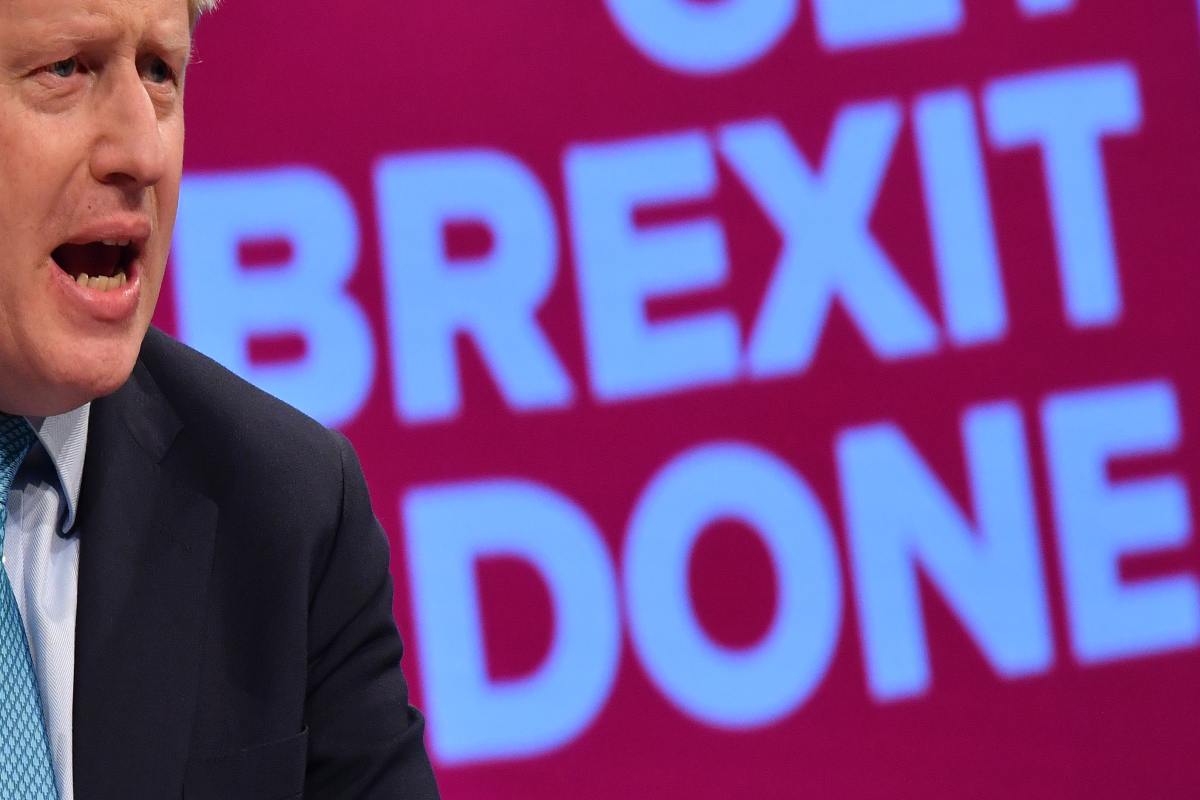It has been conceded, markedly by British commentators, that while Britain claims to be open for business, successive governments have made the country “an inhuman place” for lowskilled immigrants. The new post-Brexit immigration policy, unveiled last week, can be contextualised with the protests outside 10 Downing Street against the government’s deportation plans.
More recently, the government had tried to press ahead with deporting to Jamaica 50 men it described as guilty of “very serious offences” despite the fact that many had grown up in Britain, had been convicted of drugs-related offences for which they had already served a prison sentence, and have families in the UK.
Advertisement
It is hard not to wonder whether the younger generation, born and brought up in the UK, have let their predecessors down. There is a certain degree of anxiety within the establishment to demonstrate the liberal aspects of its immigration policy to the international business community.
It thus comes about that in comparison to Theresa May’s immigration proposals, which envisaged a minimum £30,000 salary threshold for longer-term visas in a post-Brexit immigration system, Boris Johnson’s proposed system is marginally more open. Like Mrs May, he intends to put in place a system that scraps free movement and treats EU and non-EU immigrants alike.
But unlike his predecessor, the salary threshold will be dropped to £26,500 and for designated “shortage occupations”, it will be lower at £20,480. He has planned a system that scraps free movement and treats EU and non-EU immigrants alike.
Contretemps there will be. The first is what they call the “lack of capacity” in the Home Office, where things at the moment are said to be rather chaotic for the introduction of so critical a change. The last such change took four years to implement.
The Johnson government is planning to introduce the new system to be operational in just seven months’ time. For another, there are many critical sectors of the economy, notably social care, that are largely reliant on low-paid workers from the EU.
There is considerable uncertainty about how this system will work for them; most care workers, for example, do not come close to the minimum salary threshold. The government’s argument is that making it harder for low-paid sectors to rely on immigration will force up wages. This argument has been generally unconvincing and has even been lampooned as “crack economics”.
Social care involves highly skilled work, and arguably deserves to be better paid. Is it underpaid because of immigration? The government is indirectly the biggest employer of care workers and it is its lack of funding for social care that holds down wages.
At the end of the day, it is the immigrant who has to make do with a truncated salary. Pretty obvious is the fineprint post-Brexit ~ Britain is not open. As Mr Simon Jenkins, a former Editor of The Times, put it succinctly a decade ago ~ “It will be difficult for an immigrant to get into and out of Britain”.











